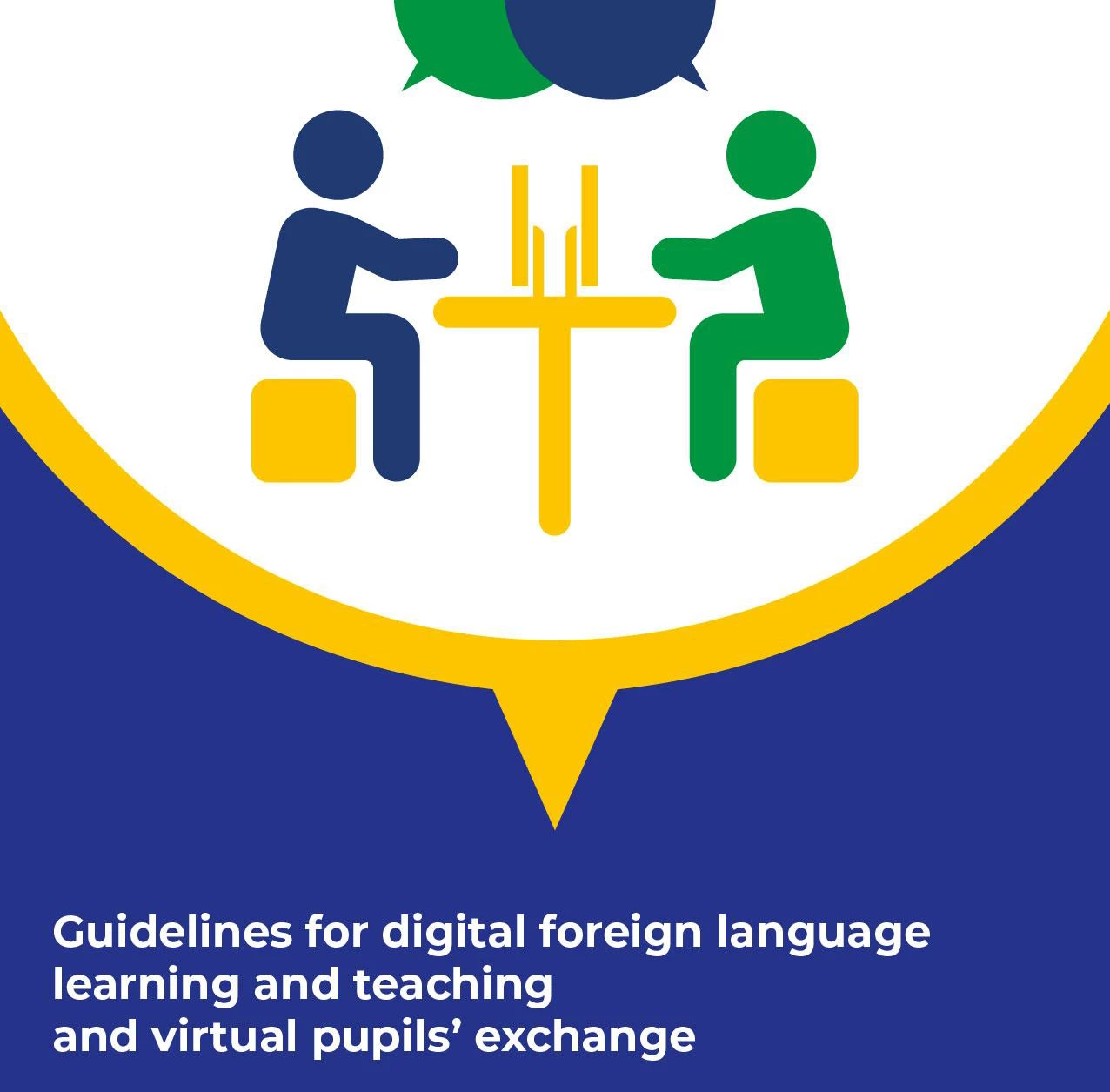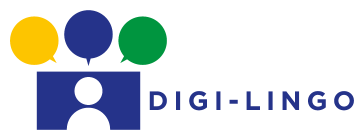24.09.2024
The DIGI-LINGO project has now published didactic and pedagogical guidelines for teachers on implementing digital tools in foreign language teaching. The guidelines are designed to help teachers optimise the use of new digital possibilities in their daily teaching practices and are based on a scientific literature review as well as the results of questionnaires completed by both teachers and students.
These guidelines provide teachers with valuable recommendations, tips, and suggestions for practical tools. They cover a range of topics, including the integration of interactive platforms, the use of digital resources for language practice, and strategies for fostering student engagement, skills, and competencies through technology.
They also offer inspiration to headmasters, school policy teams, and school boards to enhance foreign language education.
Two recommendations
The first recommendation is to ensure that foreign language teachers are sufficiently supported regarding blended learning, online tools, and virtual platforms most suitable for language education. This recommendation focuses on deeper learning (as modified by the DIGI-LINGO group), 21st century skills, and virtual exchange platforms.
The second recommendation is to offer foreign language teachers ample professional development opportunities, especially on key areas that are crucial in language education. This recommendation focuses on pupils’ self-regulation, promoting a democratic culture, and involving pupils in the design and execution of lessons and assessments.
The guidelines also provide questions based on the content of this document, intended to stimulate discussion and reflection among foreign language teachers within their own schools and across other schools.


Guidelines
Find the guidelines from the DIGI-LINGO project:
Guidelines for digital foreign language learning, teaching and virtual pupil's exchange (pdf)
